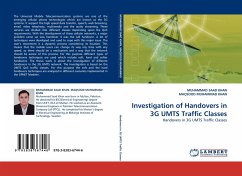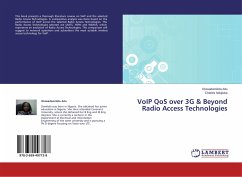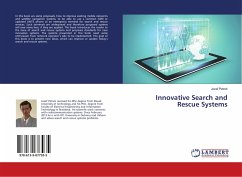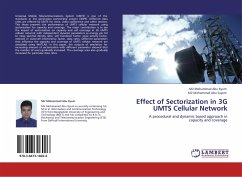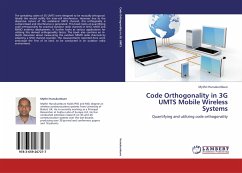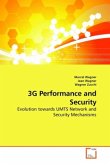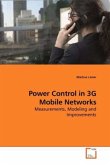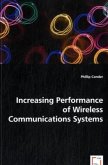The Universal Mobile Telecommunication systems are one of the emerging cellular phone technologies which are known as the 3G systems. It support the high speed data transfer, speech, web browsing, email, video telephony, multimedia and the audio streaming. These services are divided into different classes depending upon the QoS requirements. With the development of these cellular networks, a major problem came up was handover it was the call handover. A lot of techniques were developed and used to cope with this major issue. The user s movement is a dynamic process considering its location. This means that the mobile users can change its way any time with any speed, so there should be a mechanism and a way that the network should be aware of this process. For this purpose different types of handovers techniques are used which include soft, hard and softer handovers. The thesis work is about the investigation of different handovers in the 3G UMTS network. The investigation is based on the UMTS QoS traffic classes. For this purpose the soft and the hard handovers techniques are analyzed in different scenarios implemented in the OPNET Modeler.

